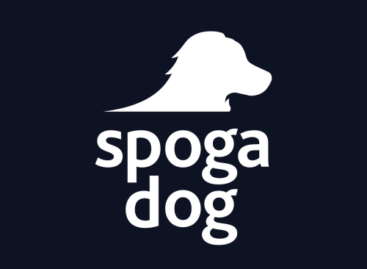The pace of food price increases slowed in Germany in January
In Germany, annual inflation fell to a 2.5-year low in January, according to the final data presented by the German Federal Statistical Office, Destatis, on Friday.

Inflation decreased to 2.9 percent in January after 3.7 percent in December last year, which is the lowest annual rate since June 2021, when the rate of annual increase in consumer prices was 2.3 percent.
Compared to the previous month, the consumer price index decreased by 0.2 percent, after the monthly price increase of 0.2 percent in December.
In January, energy prices fell by 2.8 percent on an annual basis, and the rate of increase in food prices slowed to 3.8 percent in January after the 4.6 percent increase in December.
Excluding food and energy prices, consumer prices (core inflation) rose by 3.4 percent on an annual basis in January. In December, the rate was 3.5 percent.
Related news
Sodastream transforms into a full beverage brand
🎧 Hallgasd a cikket: Lejátszás Szünet Folytatás Leállítás Nyelv: Auto…
Read more >Related news
(HU) METRO Gasztro Fesztivál a SIRHA Budapesten – Élmény, inspiráció és valódi megoldások a HoReCa-szakmának
🎧 Hallgasd a cikket: Lejátszás Szünet Folytatás Leállítás Nyelv: Auto…
Read more >








